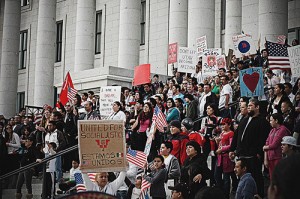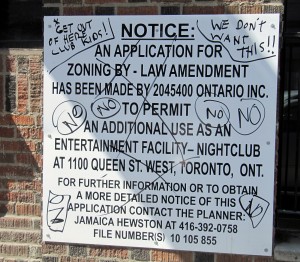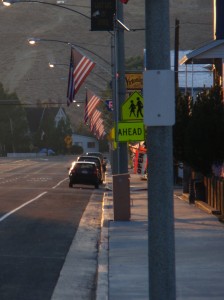Regulating Illegal Immigration With Local Housing Ordinances
Posted
10 Sep 2013 in Case Notes
[caption id="attachment_79" align="alignright" width="300"] Local government regulation of immigration through housing ordinances has divided the courts.[/caption]
Can a local government prohibit the leasing of housing to persons who entered the United States illegally?
Since June, three federal courts of appeals have tackled that difficult question—and reached different results.
The decisions present a range of perspectives on whether local housing ordinances “conflict” with federal law or intrude upon a “field” reserved to the federal government. They highlight the uncertain contours of the preemption doctrine—and demonstrate the risk facing any local government that regulates in this space.
Local government regulation of immigration through housing ordinances has divided the courts.[/caption]
Can a local government prohibit the leasing of housing to persons who entered the United States illegally?
Since June, three federal courts of appeals have tackled that difficult question—and reached different results.
The decisions present a range of perspectives on whether local housing ordinances “conflict” with federal law or intrude upon a “field” reserved to the federal government. They highlight the uncertain contours of the preemption doctrine—and demonstrate the risk facing any local government that regulates in this space.





